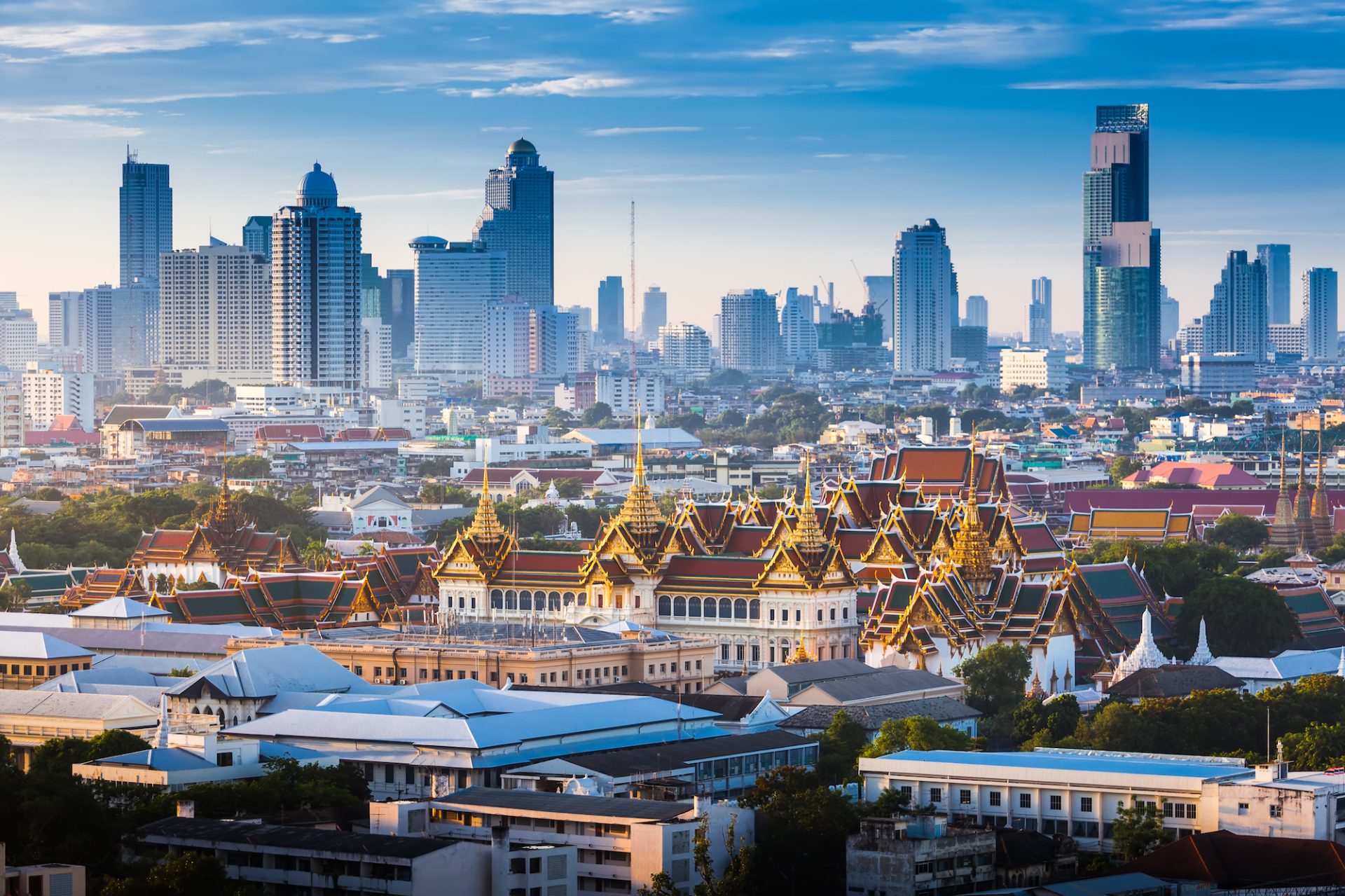

Getting to Know Bruker in Thailand
Thailand is the focus of this installment of our “Getting To Know” series and we are pleased to have Chirdkanya (Mai) Khongwattananon, Bruker BioSpin AG Thailand, give us a glimpse into this market and Bruker’s unique history here.
First of all, can you give us an introduction to the Thai office – where are you based, and how many staff are there?
Bruker Thailand Office is based in Bangkok, the capital city of Thailand. We have a total of 22 employees from several divisions, namely AXS, BNS, BOPT, Daltonics-LSC and BioSpin. Kwanchai, Mai and Khemaphat make up the core of the magnetic resonance support in Bangkok, with a team including Wei Liang in Singapore and Khoo and Chin-hoe in Malaysia.
Can you tell us a bit about the history of Bruker in Thailand? How was the office set up?
Bruker BioSpin AG Thailand Office was established in 1996 with 2 employees, so we just celebrated our 20th anniversary! Twenty years ago, Peter Sprenger was asked by the Bruker management to take the leading role to set up Bruker office in Thailand with the goals to provide NMR technical support to Thai customers and expand Bruker markets in Thailand and South-east Asian region. Bruker BioSpin AG Thailand is the first office established in Southeast Asia. Later in 1998 and 2001, Bruker offices in Singapore and Malaysia were established, respectively.
At that very beginning, there were just a few NMR systems installed at the top universities in Thailand. However as science in Thailand and the rest of South East Asia was growing, Bruker wanted to make sure that they could provide fast and strong support, and that meant being present locally. In 1997, we hired the first NMR engineer. We also gradually came to cover other kinds of instruments, namely Mass Spectrometers, FT-IR Spectrometers and Analytical X-ray systems.
What sectors do your customers mostly work in – are they primarily in research/academia, or is there a significant industrial market?
The majority of our customers, up to 90%, are in academia, i.e. universities. The other 10% are from a mix of industrial companies, mostly in polymer and petrochemical fields.
Have you had a significant or unique sale or customer installation recently?
We just installed two AVANCE IIIHD 400 systems with Prodigy probes in the Chemistry Department, Ramkhamhaeng University and at Chulabhorn Research Institute in August and September 2016 respectively. Last December 2015, we installed AVHD600+Cryoprobe+Solid at VISTEC and a 500 MHz Avance system with CryoProbe and Solids capabilities at PTTGC. The customers from these places also joined our conference on 28th September 2016.
Bruker Thailand recently celebrated its 20th Anniversary, with a symposium on NMR topics. Can you tell us a little about that?
We had a fantastic symposium, in which some of our customers explained us about their science, and our Bruker colleagues discussed progress in instrumentation and methods. We were honored that so many of our customers joined our celebration. In addition to Bruker applications experts who came in from Europe, we had such notable customers as Prof. Dr. Vichai Reutrakul of Center of Excellence for Innovation in Chemistry, Mahidol University, Prof. Dr. Vatcharin Rukachaisirikul of Prince of Songkla University and Prof. Dr. Vinich Promarak of VISTEC. It was a wonderful way to commemorate our anniversary, to thank the customers for being part of their success and to bring together the NMR community in Thailand.
Are there challenges to working so far away from the factories in Europe and Corporate Offices in the US?
Bruker offices in Thailand and other Southeast Asian countries were set up in order to be closer to and hence to better support our customers. That was the goal when we set up the office in Thailand in 1996 and we remain strongly committed to this day. With the team in Thailand and those in Kuala Lumpur and in Singapore, we have a critical mass to support South-East Asia. In addition, we work very closely with and are supported by a team of people in Germany and Switzerland. With modern communication techniques, and an integrated ERP system, this is of course very easy these days.
What are your thoughts on the future of the market for magnetic resonance instruments in Thailand?
Over the past 20 years, the number of installed NMR systems in Thailand has grown from 3-4 systems to almost 50 systems. We believe that the demand for NMR will continue to increase. With the recently introduced Thai government policy “Thailand 4.0”, the goal is to move Thailand to the value-basis position of “innovation and technology”, creating more opportunity in the science and technology sectors. Bruker’s analytical solutions will be able to continue to play a significant role in that endeavor.
Prof. Vichai commented “I would say Bruker’s supporting staff has done a wonderful job in terms of supporting with workshops, seminars and knowledge transfer. He also added: “In order to go forward, Bruker has to really understand the scientific or academic environment in Thailand. We are now entering a new phase of NMR, as Werner Maas has alluded to, that an NMR can do so much more, apart from structure elucidation”.
Werner Maas stated “NMR is a team sport, and we are grateful for the excellent and productive interactions between Bruker and our Thai customers. We remain committed to support science in Thailand and expand the applications of Magnetic Resonance to exploit the rich information that our technology can offer.”